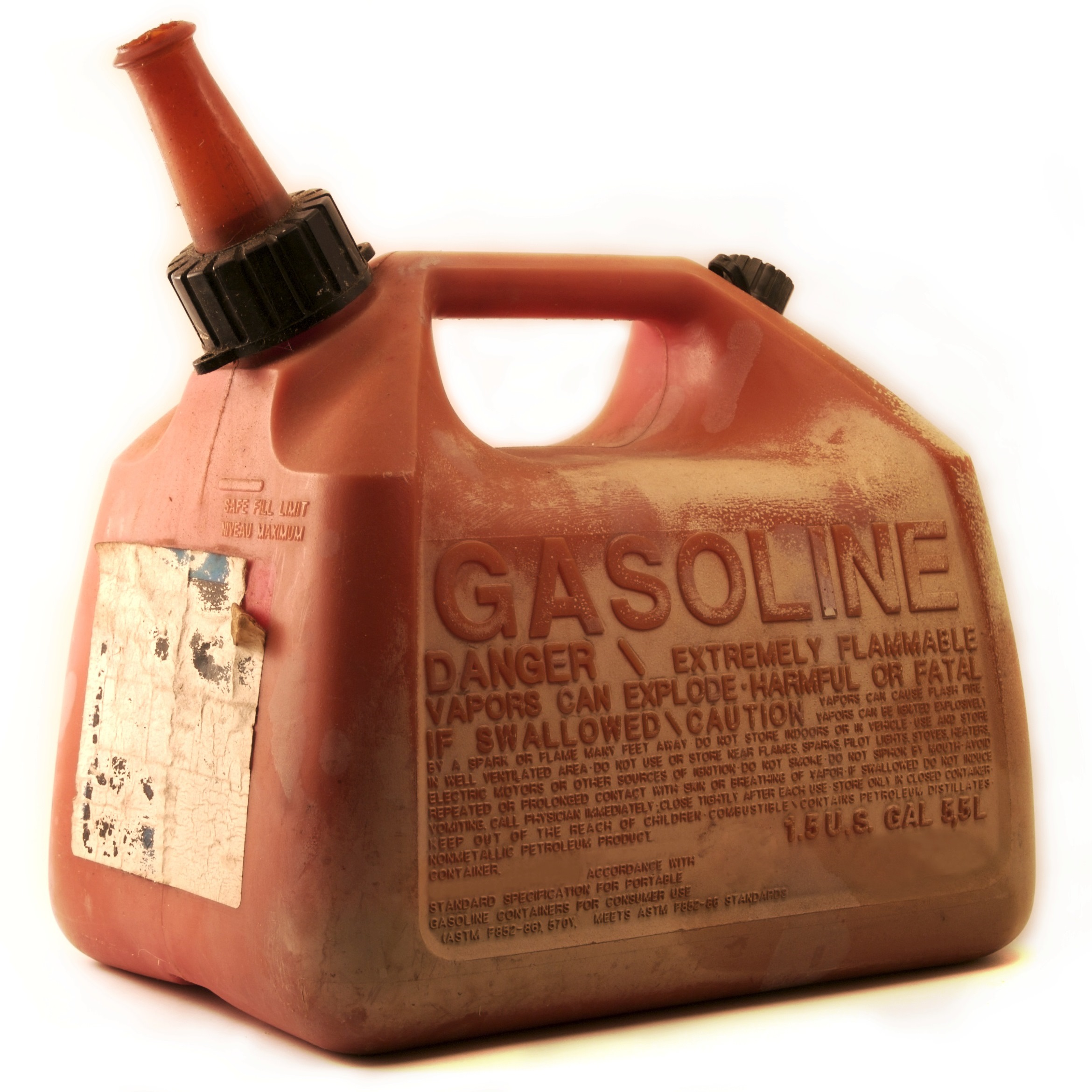
The average price for a gallon of regular gasoline in the United States is $2.20. In California, the figure is $2.67. In some of its largest cities, the figure is closer to $2.90. The price of gas was above $3 not so long ago. It could get back there by year’s end.
Gas prices nationwide averaged $3 in early 2015, and that was after a plunge from nearly $3.50. Since gas taxes have not changed much, and there have been no major refineries offline for any period, the cause was almost entirely the price of oil.
The oil equals gas comparison is nearly perfect. Oil prices in early 2015 were $50, a plunge from $100 in mid-2014. Oil demand had faltered in late 2014, or rather supply had surged, To some extent that was because of an economic slowdown in China. However, production increased in the United States, and Saudi Arabia spurred cutthroat competition. There was another, less public reason. The Saudis wanted to damage Iran economically. According to Foreign Policy:
On Dec. 10 (2014), the Saudi oil minister said his country would keep pumping 9.7 million barrels per day into the global markets, regardless of demand. For their part, the Iranians have shown alarm, if not yet panic. Without naming names — he didn’t have to — President Hassan Rouhani decried the “treacherous” actions of a major oil producer whose “politically motivated” behavior was evidence of “a conspiracy against the interests of the region…. Iran and the people of the region will not forget such conspiracies.” The previous day, Vice President Eshag Jahangiri had described the rapid plunge in oil prices as a “political plot … not a result of supply and demand.”
However, the stranglehold of Saudi Arabia is no longer perfect.
As Bloomberg pointed out last week:
Oil prices rose on Thursday for a sixth straight day, with Brent crude rising above $50 for the first time in six weeks as the world’s biggest producers prepared to discuss a possible freeze in production levels.
Brent ended the session up 2.09 percent at $50.89. The session high of $51.05 was its highest since June 23.
U.S. crude settled at $48.22, up 3.06 percent after touching a session high of $48.38, the highest since July 5.
Both benchmarks have risen more than 20 percent from a low in early August on news the Organization of the Petroleum Exporting Countries (OPEC) and other key exporters will probably revive talks on freezing output levels when they meet in Algeria next month.
Another catalyst is the fear of a major supply interruption. Among the largest threats is rebel activity in Nigeria. The EIA recently reported:
Unplanned global oil supply disruptions averaged more than 3.6 million barrels per day (b/d) in May 2016, the highest monthly level recorded since EIA started tracking global disruptions in January 2011. From April to May, disruptions grew by 0.8 million b/d as increased outages, largely in Canada, Nigeria, Iraq, and Libya, more than offset reduced outages in Kuwait, Brazil, and Ghana. Along with other factors such as rising oil demand and falling U.S. crude oil production, the rise in disruptions contributed to a month-over-month $5 per barrel increase in Brent crude oil spot prices in May.
The case for $60 oil increases regularly now.
If $60 or so oil prices caused $3 a gallon gas, then gas prices are about to move much higher
The Average American Has No Idea How Much Money You Can Make Today (Sponsor)
The last few years made people forget how much banks and CD’s can pay. Meanwhile, interest rates have spiked and many can afford to pay you much more, but most are keeping yields low and hoping you won’t notice.
But there is good news. To win qualified customers, some accounts are paying almost 10x the national average! That’s an incredible way to keep your money safe and earn more at the same time. Our top pick for high yield savings accounts includes other benefits as well. You can earn up to 3.80% with a Checking & Savings Account today Sign up and get up to $300 with direct deposit. No account fees. FDIC Insured.
Click here to see how much more you could be earning on your savings today. It takes just a few minutes to open an account to make your money work for you.
Our top pick for high yield savings accounts includes other benefits as well. You can earn up to 4.00% with a Checking & Savings Account from Sofi. Sign up and get up to $300 with direct deposit. No account fees. FDIC Insured.
Thank you for reading! Have some feedback for us?
Contact the 24/7 Wall St. editorial team.




